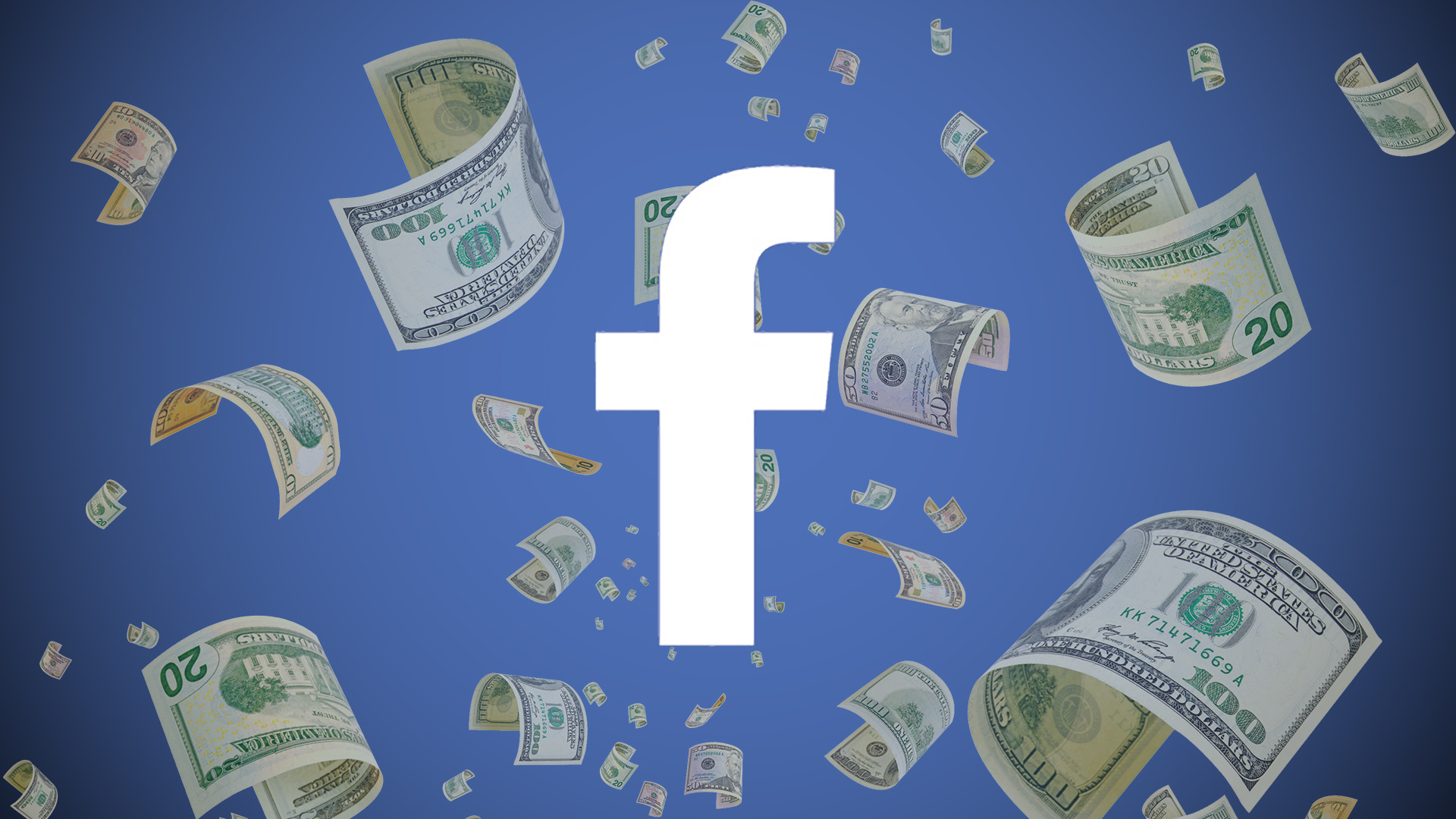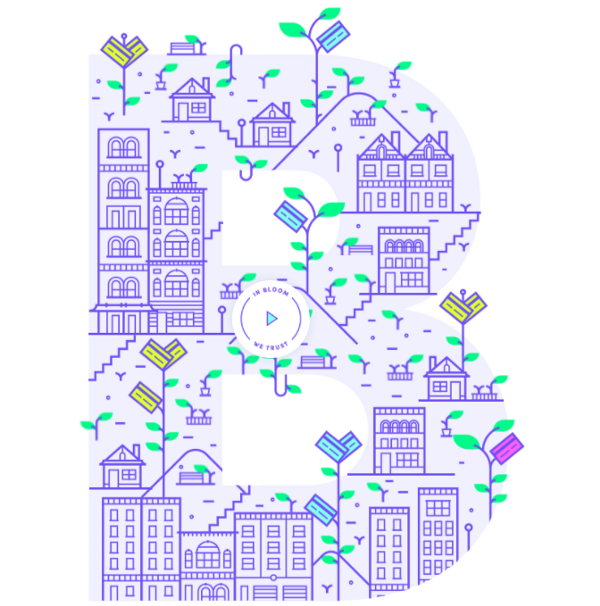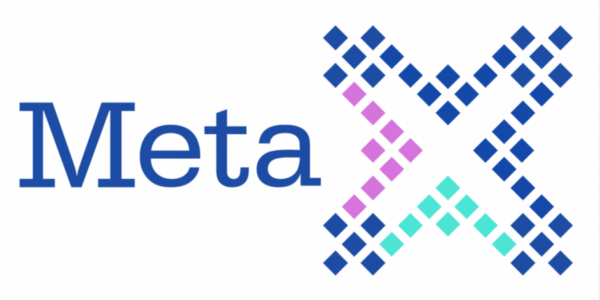Facebook breaks into blockchain and cryptocurrency: forecast
No company will ever be the most powerful in the world if it stays behind trends.

Tencent, the Chinese Internet giant and holder of the third largest social network in the world, have already announced their plans to introduce blockchain technologies into their new developments. They took the first steps in this field, but Facebook does not intend to retreat.
Facebook CEO Mark Zuckerberg published a post on January 4 on his page with a personal task for 2018. The top of the list is expected to be headed by improving the usability of his platform, and he sees cryptocurrency and blockchain technology as a real salvation:
“It is interesting for me to dive into the aspects of new technologies, to study their positive and negative aspects, and also to use them to improve our products.” If Facebook evolves, which way will it go next?
Facebook has always strived for new technologies.

Historically, Facebook has found its successful way in the market of new technologies - they have a keen eye on ambitious startups, they never lose their grip on their profitable acquisition. Hundreds of millions of dollars have already been spent on more than 60 projects, which gave the company a huge leap in development. This behavior of the company brings us back to the distant 2009, when Friendfeed service was acquired to develop our own project. And today, with the help of its recent acquisitions from Oslo, a product with artificial intelligence technology is already under active development.
Facebook also has a rich history of shopping for “rocket thorn” projects launched alongside the main network to explore new markets. No one has forgotten Instagram, WhatsApp or, for example, Oculus Rift.
The million dollar question remains open - which company will become the new “ugly duckling” for a debut in the blockchain and cryptocurrency sphere?
So, there are 3 main areas that Facebook can pay close attention to in the near future.
1. Financial identification with Bloom
From the very beginning, Facebook has become some kind of user identification tool on the Internet. With the increasing distribution of content and the expansion of the Internet, the “Login with Facebook” buttons began to appear everywhere, rooting from the users into the simple mantra “Your Facebook page is you on the Internet.”
In fact, Facebook’s user verification policy has become the secret to the success of many projects. For example, Tinder - no alternative login via Facebook made it a network of “real people” - without fake pages, spam and fraud.
With the advent of blockchain technology, Facebook can develop the practice begun many years ago, but transfer it to the financial sector. This will give the company new features and services that it promotes.
The best gain on this background could be Bloom.

The project was developed by experts at Stanford, ICO was launched in December 2017. Bloom uses the sophisticated technology of user identification certificates (to make sure that you are really you) and creates / tracks credit information, charging “credit points” to users - they can also be obtained using a Bloom credit card. Simply put, this is a true decentralized credit account that runs on Etherium and IPFS.
Taking the company under its wing would give Facebook a sharp and loud exit to the financial sector and would launch the issuance of its own cards and open accounts.
As a result, there is a huge influx of user financial information and a new way to make billions, becoming a truly large, integral part of people's lives. You can imagine a situation where we can actually finally “leave Facebook” - though, by throwing out a card, closing the account and finally paying the mortgage ...
2. Pay for custom content using Steem
Facebook can start paying its users for content. With the advent of success to the services of Youtube, Twitch and Medium, the most active users have long had the opportunity to monetize their content - for many people the only income does not go beyond the same ecosystem. Facebook can not stand aside.
This business has long been working according to the rules dictated by companies, but if you wish, this model can be turned upside down.
Zuckerberg explained this as early as the beginning of 2017, when it came to the success of monetization on Youtube: “We will have a slightly different margin structure, this (Youtube) will be the most inefficient source of income compared to what we are developing now.”
This means that we expect in the near future a significant change in the company's main business model, which must be properly supported. Steem is a logical strategic takeover on this front.

Steem is a platform that promotes a system of user rewards for authoring content, which opens up monetization opportunities. The main project at the moment, created with the help of Steem - Steemit, a blog-oriented social network like Medium. On Steemit, users receive money for positive ratings from their community articles, and already more than $ 22 million has been successfully paid.
The introduction of Steem would be a huge step forward for Facebook.
A simple example is the addition of “super like” buttons. When you see quality, interesting content for yourself, without going through external links and unnecessary actions, you can declare your positive reaction to the user by sending a few dollars. This would lead the interaction of content authors with users to a new level.
The next step is much more. Users will be able to have internal accounts on their accounts. Success already have many sites where users sell / buy various things. With the advent of tokens, every owner of the Facebook page can make purchases directly on the social network. With a one-click shopping system, Facebook can throw Amazon off the throne and become the most popular and convenient online shopping service.
However, for the company it is a serious challenge. Since Steem is an open source community, Facebook cannot simply “acquire” it in the traditional sense. However, they can “embrace” the community — providing a large amount of resources provided to the community — but under the direct control of Facebook.
This step could make Facebook an advanced company in the blockchain-based environment, improve the quality of user-generated materials and have a major impact on many players in the user-content market.
3. Increasing Trust and Transparency with MetaX
2017 for Facebook has become a very difficult time, if we talk about user confidence. Zuckerberg even said that the solution to this problem is the most important task for 2018.
The company seeks to restore trust with:
- Increased requirements for user identification and account authenticity
- Make the ad more “transparent” and less intrusive
The great thing is that blockchin is great for fixing these problems.
The company that can help with this is MetaX.

MetaX is a company that uses blockchain to increase transparency, detect unscrupulous advertising and fraud in the advertising industry. The company has partnerships with Consensys, Microsoft and the DMA (Data & Marketing Association).
MetaX works with whitelisted domains, but this process can be used in reverse order for the Facebook application. Using technology, you can automatically determine which advertisers are good and which cause only negative and refer to advertising spam. This may complicate the work of unscrupulous companies.
In addition, MetaX can solve problems related to tracking positive / negative user reactions. This means that we will see fewer false news, scammers and bots, and also get an opportunity to influence advertisers, influencing what Facebook data sends them.
Conclusion
Blockchain is an exciting technology that can solve problems that were previously very complex. Naturally, Facebook will use technology, but it's hard to predict exactly how.
They can use Blockchain to improve many areas. Will it improve user confidence in the company, improve the quality of content generation for its existing platform? Or entering new markets and gaining an iron grasp of control in each person’s life? We will see very soon.
')
Source: https://habr.com/ru/post/347644/
All Articles